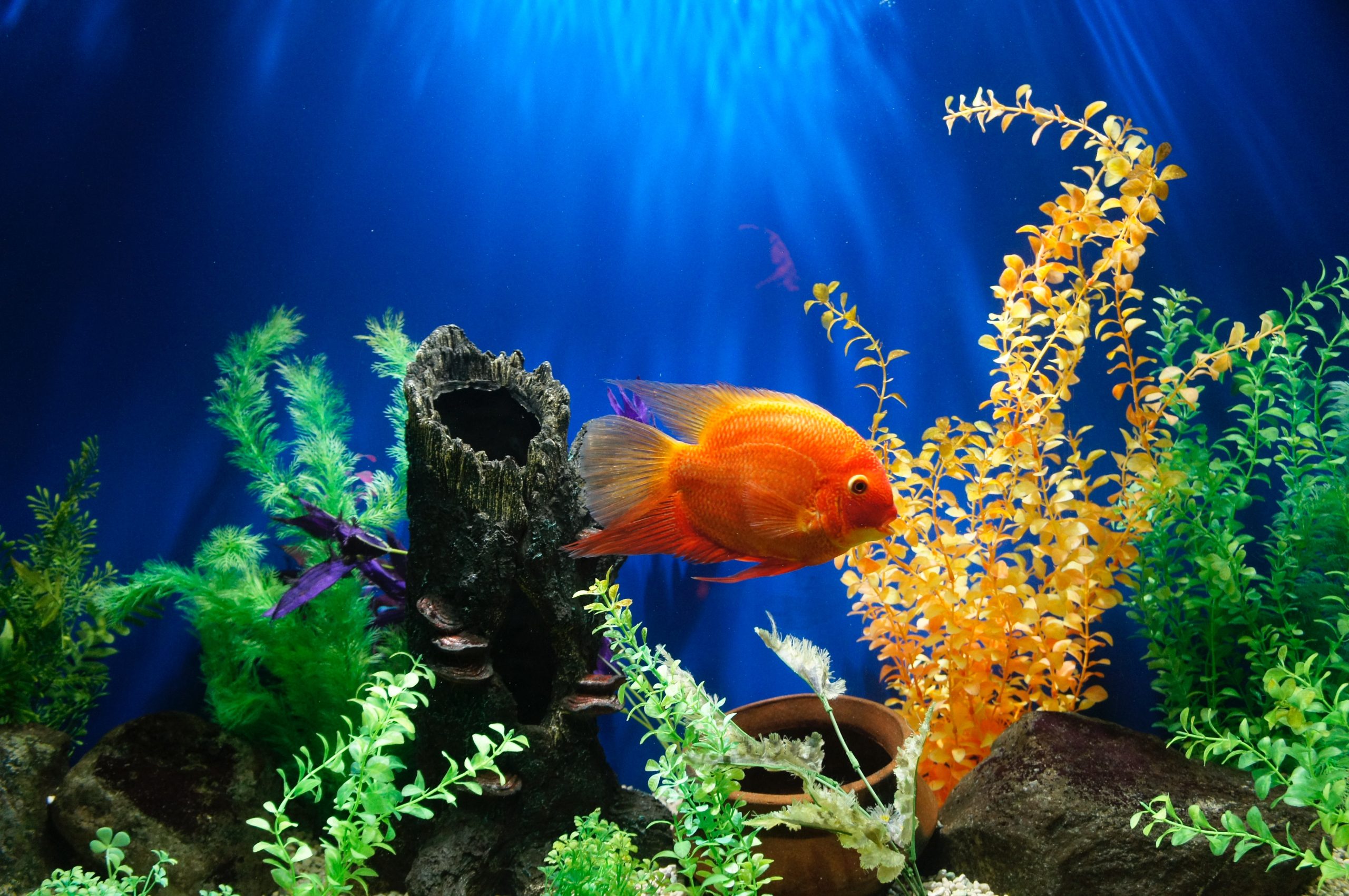Ground-breaking research uncovers significant carbon footprint of fish keeping, likening it to thousands of miles of motor travel.
The seemingly innocuous hobby of keeping tropical fish might emit as much greenhouse gas as driving thousands of kilometres in a car or on a motorbike, according to a new study.
Cardiff University’s Water Research Institute has evaluated the carbon footprint and environmental implications of keeping pet fish for the first time.
The research paper, titled “The environmental impact of keeping a tropical aquarium in Northern Europe”, has been published in the Journal of Fish Biology and is the first time the carbon footprint and environmental repercussions of fish keeping have been assessed.
Dr. William Perry, a Research Associate at the Institute, revealed that an estimated 4 million UK homes have a pet fish, with the majority (70%) maintaining a tropical freshwater aquarium.
“The carbon footprint of owning pets such as dogs and cats has been previously calculated, but we have provided the first estimates of carbon dioxide emissions produced from running a tropical aquarium, as well as estimated water consumption,” Dr. Perry said.
This significant research scrutinises the environmental footprint of fish keeping in various Northern European nations, including France, Poland, and the UK.
Surprisingly, an average tropical fish tank could be responsible for producing between 85.3 and 635.2 kg of CO2 per annum.
To put that into perspective, this is the equivalent of travelling 3,483 miles on a standard motorcycle or 2,265 miles in a typical petrol car.
Dr. Perry identified heating the water, particularly in larger tanks, and the country where the fish originate from as the most significant environmental factors.
He proposes that while maintaining an aquarium with ornamental fish can be more environmentally friendly than having dogs or cats, it is crucial to take into account the aquarium’s size, functioning, and location to reduce its environmental footprint.
“There are still improvements that can be made to ensure the environmental sustainability of the hobby. The environmental impact from the energy needs of keeping fish will improve as national energy grids start to decarbonise, but reducing the environmental impact of high water consumption will not come easily and will require ingenuity at the individual level.”
“These are important considerations as we face a climate emergency linked with our demands for energy, as well as water insecurity linked with our demands for water,” he added.







